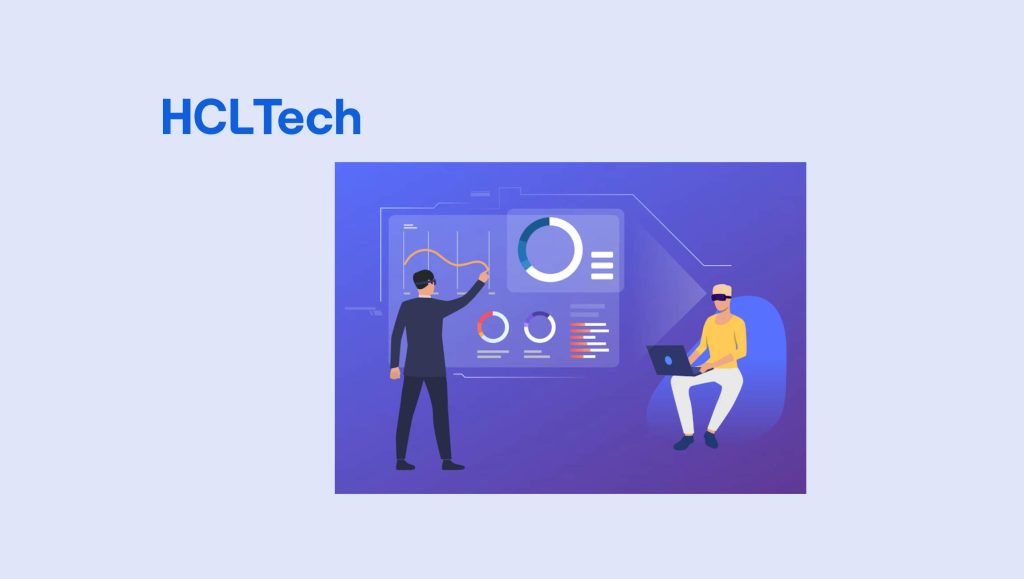Amazon Web Services (AWS), an Amazon.com company , announced Amazon AppFlow, a fully managed service that provides an easy, secure way for customers to create and automate bidirectional data flows between AWS and SaaS applications without writing custom integration code. Amazon AppFlow also works with AWS PrivateLink to route data flows through the AWS network instead of over the public Internet to provide even stronger data privacy and security. There are no upfront charges or fees to use Amazon AppFlow, and customers only pay for the number of flows they run and the volume of data processed. Visit aws.amazon.com/appflow to get started.
Read More: ValueLabs Launches Cognitive Ops As A New Service Line
“And because these connections can be set up by Salesforce admins in just a few clicks, companies can cut down on costly and timely engineering resources, and begin doing more with their data faster than ever before.”
Millions of customers run applications, data lakes, large-scale analytics, machine learning, and IoT workloads on AWS. These customers often also have data stored in dozens of SaaS applications, resulting in silos that are disconnected from data stored in AWS. Organizations want to be able to combine their data from all of these sources, but that requires customers to spend days writing code to build custom connectors and data transformations to convert disparate data types and formats across different SaaS applications. Customers with multiple SaaS applications end up with a sprawl of connectors and complex code that is time-consuming and expensive to maintain. Further, custom connectors are often difficult to scale for large volumes of data or near real-time transfer, causing delays between when data is available in SaaS and when other systems access the data. In large enterprises, business users wait months for skilled developers to build custom connectors. In firms with limited in-house developer skills, users resort to manually uploading and downloading data between systems, which is tedious, error-prone and risks data leakage.
Read More: Social Media And Augmented Reality Creating A $13 Billion Industry
Amazon AppFlow solves these problems, and allows customers with diverse technical skills, including CRM administrators and BI specialists, to easily configure private, bidirectional data flows between AWS services and SaaS applications without writing code or performing data transformation. Customers can get started using Amazon AppFlow’s simple interface to build and execute data flows between sources in minutes, and Amazon AppFlow securely orchestrates and executes the data transfer. With just a few clicks in the Amazon AppFlow console, customers can configure multiple types of triggers for their data flows, including one-time on-demand transfers, routine data syncs scheduled at pre-determined times, or event-driven transfers when launching a campaign (e.g. converting a lead, closing an opportunity, or opening a case). For example, customers can backup millions of contacts and support cases from Salesforce to Amazon Simple Storage Service (Amazon S3), add sales opportunities from Salesforce to forecasts in Amazon Redshift, and transfer marketing leads from Amazon S3 to Salesforce after using Amazon SageMaker to add lead scores. Customers can also pull logs and metric data from monitoring tools like Datadog or Dynatrace for deep analytics in Amazon Redshift, or send customer engagement data from Slack, Marketo, Zendesk, Amplitude, or Singular to Amazon S3 for sentiment analysis. Customers can transform and process the data by combining fields (to calculate new values), filtering records (to reduce noise), masking sensitive data (to ensure privacy), and validating field values (to cleanse the data). Amazon AppFlow automatically encrypts data at rest and in motion using AWS or customer-managed encryption keys, and enables users to restrict data from flowing over the public Internet for applications that are integrated with AWS PrivateLink, reducing exposure to security threats.
Read more: How AI is The Key to CPG Growth Amidst Channel Blurring





















